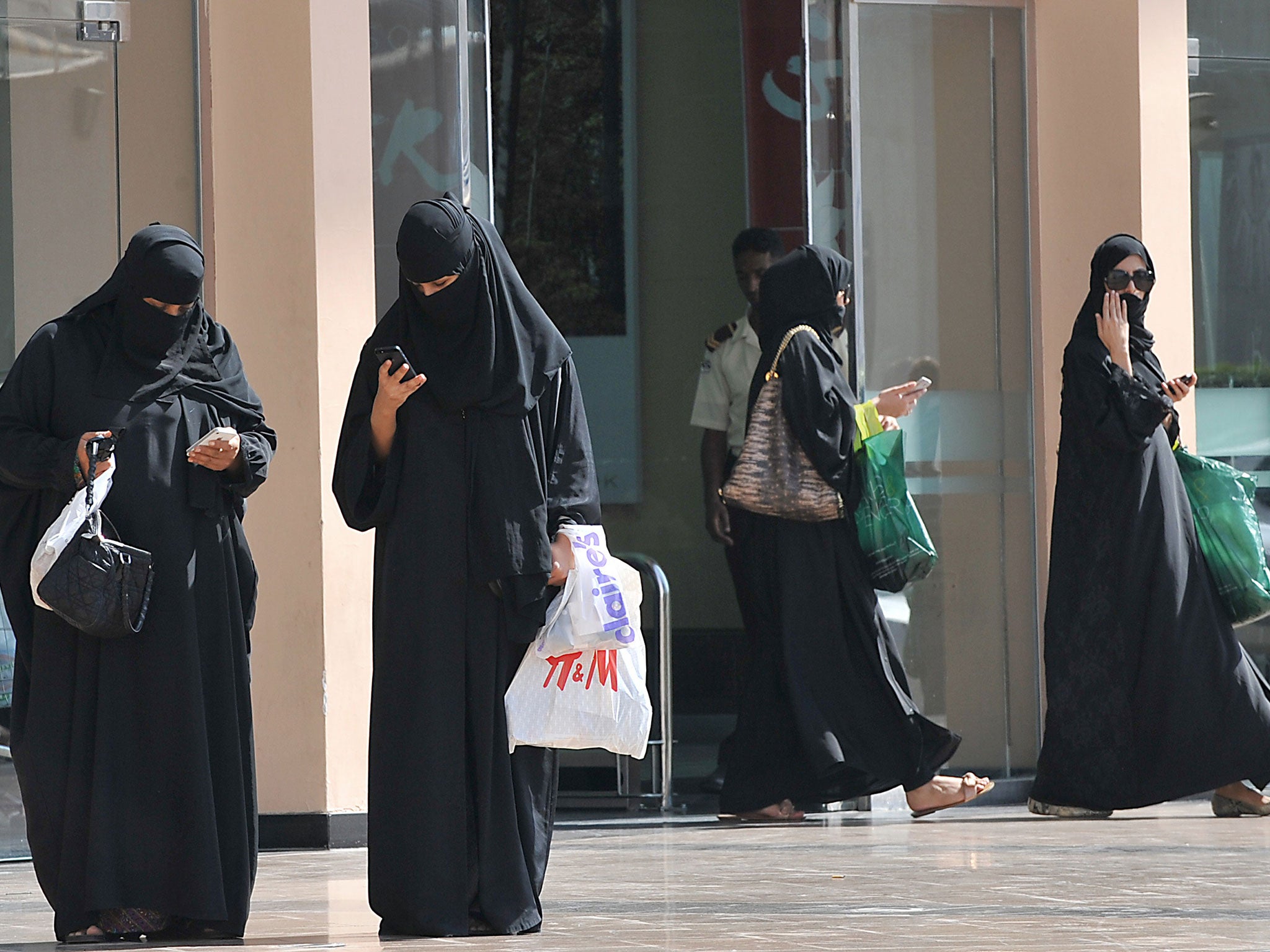More than 100 Bangladeshi migrant women 'abused and harassed' return home from Saudi Arabia
'These migrants had been staying in the safe house run by Bangladesh embassy in Riyadh for a long time,' says campaigner

Over 100 Bangladeshi female migrants who were living in a shelter in Saudi Arabia have returned home after their employers subjected them to alleged abuse.
The workers alleged they were forced to endure various forms of abuse, including physical, psychological and even sexual harassment, by their employers in Saudi Arabia.
Many of them also alleged that there were forced to work without pay.
Brac, an international development organisation based in Bangladesh, said some 45 workers returned on evening flights on Monday and 65 more female migrants reached Hazrat Shahjalal International Airport at night.
“These migrants had been staying in the safe house run by Bangladesh embassy in Riyadh for a long time," Shariful Hasan, Brac’s migration program head, told Dhaka Tribune.
According to the organisation, this year saw 900 female migrants return home from Saudi Arabia. The number last year was said to be more than 1300.
Rothna Begum, senior women’s rights researcher at Human Rights Watch, said such cases were commonplace.
“This is quite normal,” she told The Independent. “Bangladesh started to aggressively seek out opportunities for Bangladeshi women workers on the Gulf. They started doing this at the same as other Asian countries blocked or limited women going to Gulf countries because of them suffering abuses while abroad. They saw they could replace other workers.”
The campaigner added: “We have documented abuse and exploitation of migrant domestic workers of various nationalities - including Bangladeshi - across the gulf region. In 90 to 95 per cent of cases, the migrant domestic worker will have their passport confiscated by employers or recruitment agents.
“They face excessively long shifts of 15 to 21 hours with no days off at all. They might be locked inside the house or compound. They may be deprived of food or given spoiled food – the leftover bits of food on a plate. They are subject to psychological abuse in the form of verbal abuse such as shouting and insults. There is also physical abuse such as the pulling of ears, being burnt with hot water, and then there is sexual abuse which ranges from verbal to being touched, attempted rape and actual rape.
Ms Begum, who specialises in the Middle East and North Africa and has done extensive research on Saudi Arabia in particular, said she had heard accounts from women who were sleeping on the floor of a storage room or living room.
“I have documented many cases across the Gulf where men have come into the woman’s room and have either tried to rape them or actually raped them,” she added. “Women have talked about being sold to another employer and not being paid salaries or having their wages delayed. The range of abuses can amount to forced labour or sometimes even slavery where the employer refuses to pay them and says things like 'I bought you'."
Over 12 million migrant workers fill manual, clerical, and service jobs in Saudi Arabia – comprising more than 80 per cent of the private sector workforce.
Human Rights Watch warn the kafala (visa sponsorship) system ties migrant workers’ residency permits to “sponsoring” employers, whose written consent is needed for workers to change employers or leave the country under normal circumstances. They say employers confiscate passports, withhold wages, and force migrants to work against their will.
Saudi Arabia imposes an exit visa requirement which forces migrant workers to get permission from their employer to leave the country, according to their 2019 World Report.
Workers who leave their employer without obtaining their consent can be charged with “absconding” and face jail and deportation.
“Domestic workers, predominantly women, faced a range of abuses including overwork, forced confinement, non-payment of wages, food deprivation, and psychological, physical, and sexual abuse without the authorities holding their employers to account,” says the report.
Saudi women and migrant domestic workers who report abuse, including rape, sometimes face counter-accusations, leaving them open to criminal prosecution, according to a Human Rights Watch report from 2016.
Women may be charged with moral crimes, like khilwa (which means mixing with unrelated members of the opposite sex) or with fleeing from their homes.
Campaigners argue Saudi Arabia profoundly discriminates against women – with women’s marital rights being effectively non-existent and marital rape not explicitly defined as a crime.
Saudi Arabia imposes a very strict interpretation of Islam known as Wahhabism.
Join our commenting forum
Join thought-provoking conversations, follow other Independent readers and see their replies
Comments
Bookmark popover
Removed from bookmarks